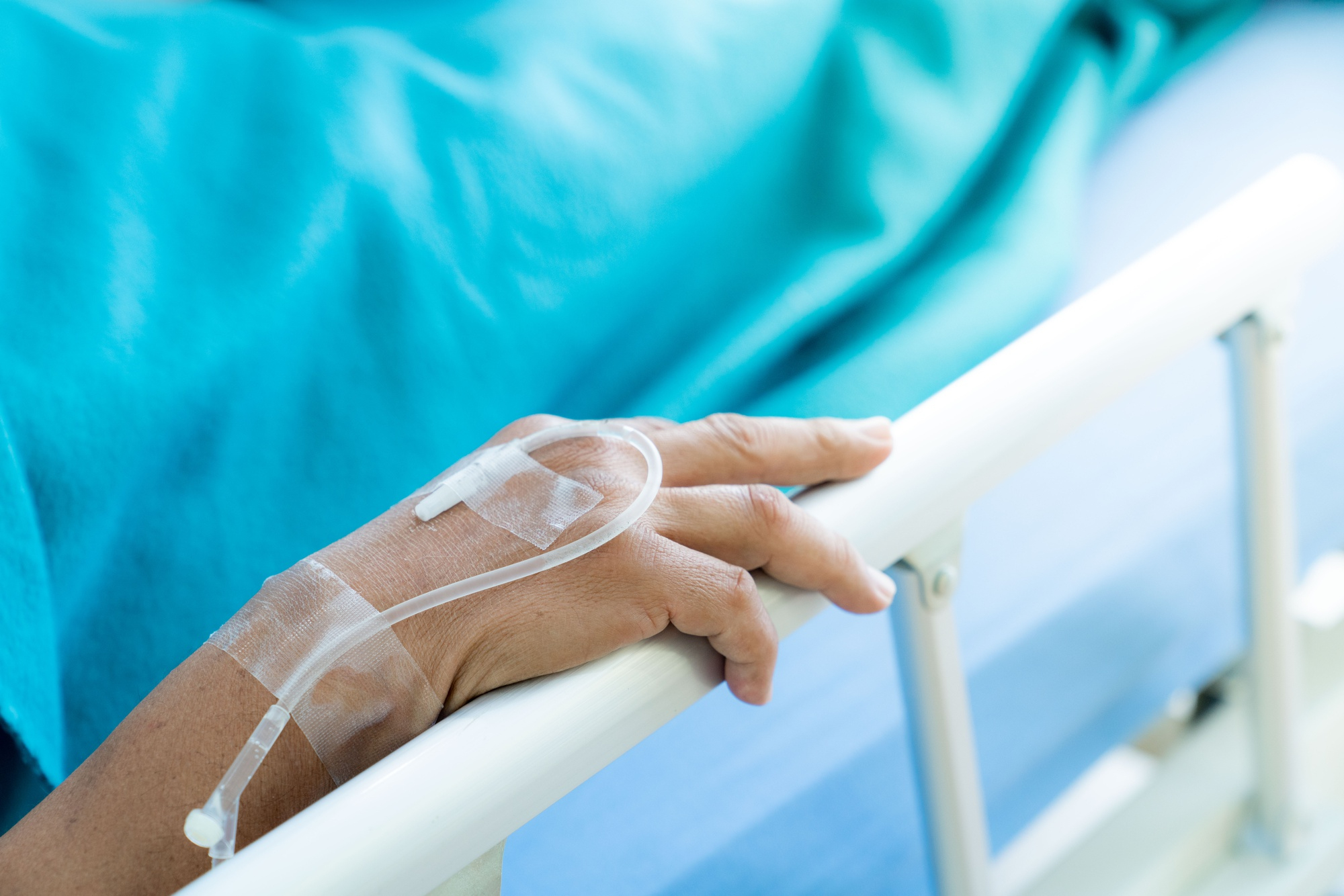When a loved one is confined to bed, they will need help with daily activities. Caring for the bedridden involves aspects of life that you might take for granted.
Whether you are providing care or simply looking for someone to help you, caring for a bedridden person can impact you emotionally. If you are providing care, you need to know the basics. However, you’ll also need to know when to seek help from outside sources, family members, relatives, friends and professional organizations. You also need to make sure you stay healthy, physically and mentally.
Here are a few things you should look out for:
Make sure they eat balanced meals: Talk to the patient’s doctor or dietitian to make sure they have a balanced diet. Keep a record of their eating habits for reference in case anything unusual happens after eating certain foods. Some bedridden patients may prefer smaller snacks over larger meals throughout the day. Also, keep water and sugar-free drinks on hand to sip throughout the day.
Make sure to interact with them: Emotional support is essential. Try to keep them entertained and comfortable. Home care for bedridden patients is not limited to bathing and feeding. Place a TV with remote control and books, magazines, and newspapers on a nearby bedside table for easy access.
Look for signs of chest problems. Checking for chest and lung problems is of paramount importance. In bedridden patients, fluid can build up in the lungs, leading to congestion and pneumonia. The best way to combat this problem is to make sure your patient changes his/her position often, preferably every 2 hours.
Maintain a good ambience at home.
Essential hygiene assistance: bedridden elderly people may need bathing and dental care assistance. In addition, trimming nails and grooming will help prevent patients from scratching themselves and minimize the penetration of lice, bedbugs and other parasites. Making appropriate arrangements for toilet support might also be necessary.
Good Bed Hygiene: Hygienic care will also enhance a patient’s self-esteem. Air out of the room regularly and make sure their linens are changed and cleaned as needed.
Beware of bedsores. Immobilized patients are at increased risk of developing pressure sores on the skin. If the bedridden patient can move on their own, encourage them to reposition themselves to sit or do light exercises. Ask your doctor about the best ways to reposition the patient without harming the body. Keep skin clean and dry. Place pillows between body areas that frequently press together, such as knees and ankles. Regularly check where pressure sores are common, such as the ankles, heels, hips, and tailbone.
Pressure sores affect the quality of life of both patients and caregivers. Studies have shown that pressure ulcers affect the quality of life of approximately 91% of patients. Pressure ulcers affect patients emotionally, mentally, physically, and socially. A bedridden patient faces pain and suffering. Pain is associated with pressure sores as well as dressing changes.
Preventing Pressure Sores
Carers can stay alert and help prevent new pressure sores from developing. Here are some tips to prevent pressure sores and improve patients’ quality of life with pressure ulcers:
- Frequently reposition the bedridden patient to avoid pressure on the skin and underlying tissues. Regularly check the skin for signs of developing sores or scabs.
- Use special bedding or similar materials to relieve pressure
- Keep skin dry, clean and hydrated.
- Blood sugar control in diabetic patients.
- Apply a protective cream to protect the skin.
- Life expectancy is increasing with the advancement of medical science. We can improve the quality of life for bedridden people with the proper care. In addition to the suggestions mentioned above, one should also seek professional advice, medical advice or help from professional caregivers when experiencing other difficulties in caring for their loved ones.
At Vedexa, we have built a strong reputation as an internationally trusted brand in the field of medical products. For years, we have been dedicated to supporting the health and improving the quality of life of individuals. As medical professionals, we encourage you to reach out to our team of experts at Vedexa to benefit from personalized recommendations for medical products that can effectively meet the unique needs of your patients and loved ones.
References
- How to Cope with a Bedridden Parent
https://www.wikihow.com/Cope-with-a-Bedridden-Parent - Bedsores or Pressure Ulcers & Impact on Quality of Life
https://www.sorezecare.com/blog/bedsores-or-pressure-ulcers-impact-on-quality-of-life - If you have a bedridden parent at home you are caring for, then these tips can help you out.
https://www.healthshots.com/preventive-care/family-care/8-tips-to-keep-in-mind-if-youre-a-caregiver-for-a-bedridden-parent/ - Caring for Bedridden Elderly Adults at Home
https://www.griswoldhomecare.com/blog/2018/december/caring-for-bedridden-elderly-adults-at-home/ - Improving the quality of life for the bedridden: Textile pressure ulcer prevention
https://www.sciencedaily.com/releases/2012/11/121116085546.htm



